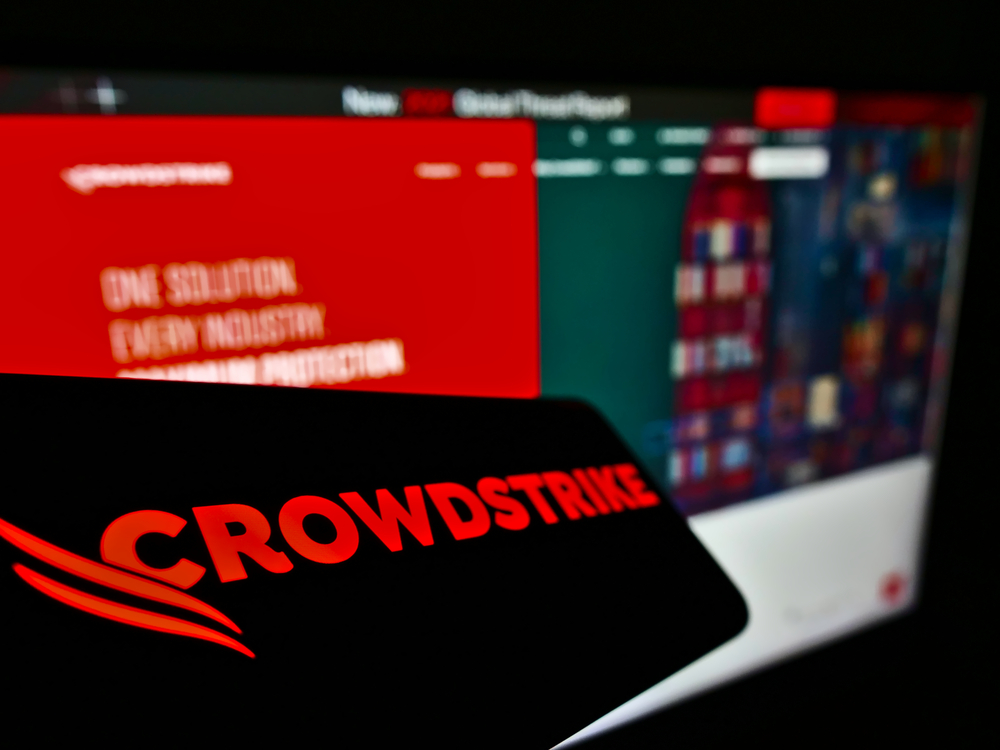
Payment Gateway vs Payment Processor Explained
Aug 8, 2022 3 minute Read
If you’re a small business owner, chances are you’ve heard about payment processors and payment gateways. They sound similar and they both allow your customers to pay for products or services online.
But what’s the difference between them? And which one do you need? We answer all your payment questions below.
What is a payment processor?
A payment processor is a company that provides payment solutions for businesses. It will help you accept credit cards online and manage your transactions.
Payment processors can be third-party companies or a part of a merchant account. They provide the technology and infrastructure that allows your business to accept payments online, as well as manage them. Payment processors are often used in conjunction with payment gateways, which we’ll explain below.
A payment processor may also offer other services such as:
- PCI compliance (to make sure your business is safe from hackers)
- Payment gateway integration (so customers can pay with any method you accept, not just credit cards)
- Fraud protection
What is a payment gateway?
A payment gateway is a software that you install on your website to connect it to your merchant account. Merchants can use this software to accept payments from customers’ issuing bank and receive funds from customers, as well as transfer money directly into their acquiring bank accounts.
Payment gateways are essential to any eCommerce business. They allow you to accept different payment methods, including credit cards and alternative forms of payment like PayPal or Bitcoin. A payment gateway can also help you meet the standards for PCI compliance, which protects your customers from hackers.
The payment gateway is what your customers see at checkout. It’s the final page(s) asking for credit card information, address, CVV, shipping address, and other cardholder authentication info. It’s also what’s connected to a POS terminal (point of sale terminal; virtual terminal) or credit card reader to accept credit card transactions, debit card transactions, and digital wallet payments.
As a merchant, you can log into your online store’s gateway and view transaction data, namely decline codes. This allows you to better understand trends in declined transactions and information about your customers to better serve them.
What is the difference between a payment processor and a payment gateway?
A payment gateway works to grant you the ability to accept payments from a customer’s bank. A payment processor is the service that processes the financial transactions and removes them from your account.
So, in more concrete terms: A payment gateway is the tool that lets you accept payments from customers using their credit cards. A payment processor is an intermediary between your business and banks, which helps merchants process these transactions.
Working with the two, you can adjust functionality according to your business needs. For example, you can disable certain credit card networks or card types to avoid high transaction fees. You could, for instance, disable American Express and Visa while only accepting Mastercard.
Is Stripe a payment gateway or processor?
Stripe is a payment aggregator. It’s a tool that allows merchants to accept credit cards through their websites and mobile apps. Unlike many other payment processors, Stripe is not directly involved in processing transactions. Instead, it partners with banks to facilitate payments between them and its customers.
This also means that Stripe does not provide its merchants with their own merchant account. Those who sign up with Stripe use a sub-merchant account, instead, which doesn’t require an immediate underwriting process. Hence why it’s so quick and easy to sign up.
The drawback is that by using Stripe, you may be unaware of what businesses the company supports. In fact, they support a very limited number of businesses due to the Merchant Category Code (MCC) which essentially determines who is a high-risk merchant and who isn’t. Most online businesses are high-risk and Stripe is not afraid to shut them down.
Is PayPal a payment gateway or processor?
PayPal is a payment gateway provider that offers a wide range of services to merchants. It can be used as an online payment processor, but like Stripe it is known as a payments aggregator, and is often mistaken for a merchant account provider.
PayPal does not provide merchant accounts when signing up, but it does connect you with third party providers who do offer the ability to accept credit cards through your website or mobile app. The company’s platform will also allow you to accept payments from customers who have already stored their payment information on file with PayPal (if they’ve used the service before).
Is Shopify Payments a gateway or processor?
Shopify Payments is a gateway, not a merchant account. This means that when you sign up with Shopify Payments, your business will be able to accept online credit card payments through its platform.
It provides an API for third-party applications to use when processing payments. Shopify handles all the necessary validation on your website, but it doesn’t store any sensitive data like credit card numbers or passwords. That information is directly sent to whichever payment processor Shopify uses with your business. They have connections with multiple processors, which is why it’s called an aggregator. So it’s difficult to say exactly which processor your transactions are going through.
Shopify Payments is actually just Stripe, but relabeled to fit into the Shopify ecosystem.
And just because you might run your business through Shopify, you are not required to used Shopify Payments. You could even use the regular Stripe, PayPal, or another (better) payment processor.
What is the difference between a merchant account and a processor?
A merchant account is the bank account that the merchant uses to accept credit card payments. This can be a business checking or savings account, or an online payment solution like PayPal.
The processor is the company that accepts payments on behalf of your business and forwards them to your merchant account. The processor will forward all of the funds from customer credit cards through their accounts before transferring those funds into yours—which means they are essentially acting as a middleman between you and your customers.
A merchant account is what enables the entire payments ecosystem. Your processor and gateway take care of the rest, but are still essential for accepting online transactions.
At the end of the month, your merchant account or merchant services provider will send you a statement containing all the payment data and transaction details for the previous month.
You need both a payment gateway and processor to accept payments. And you need a merchant account to use both.
A payment gateway is the service that connects your store to your merchant bank account. You can think of it as the “gate” where money comes in. A payment processor is the service that accepts the payment from the customer, or “processor”. The merchant account is your bank account used to accept those funds (your “merchant”).
You cannot fully use a payment processor or a payment gateway without a merchant account. A merchant account is an essential part of the online payment process, since it allows you to accept payments from customers.
Stripe, Shopify, PayPal, and other popular 3rd-party PSPs get by without forcing you to open a merchant account because they essentially put your business underneath their own. But once you start making real money, eyes start looking in your direction. And that’s when trouble starts.
If you’re looking to start accepting online payments then it’s important to understand what they do before making a decision on which one is best for your business. Before you start signing up for the most popular or most common, get in touch with DirectPayNet.




